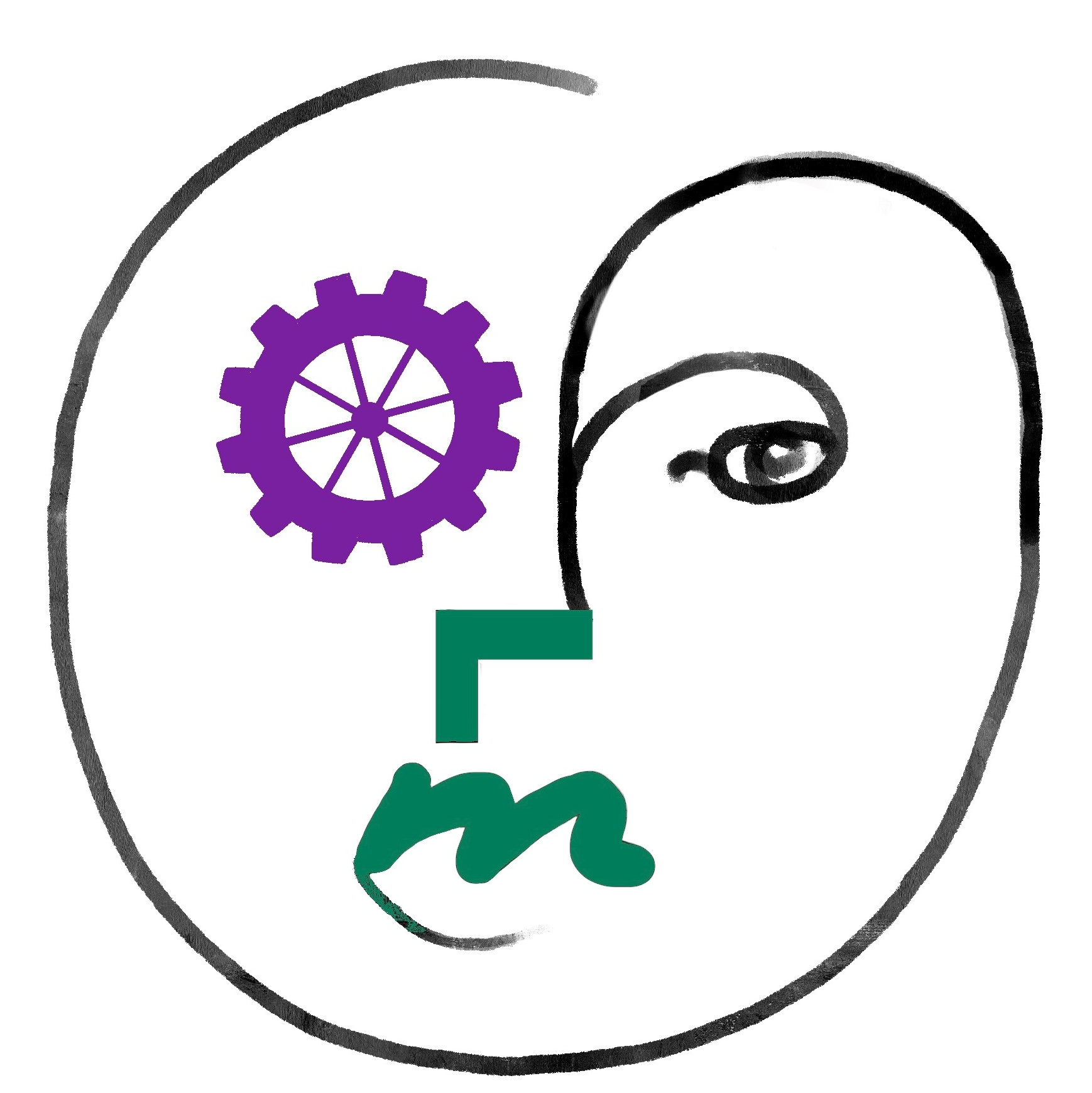 About
Contact
Listen For Free
Support Us
About
Contact
Listen For Free
Support Us
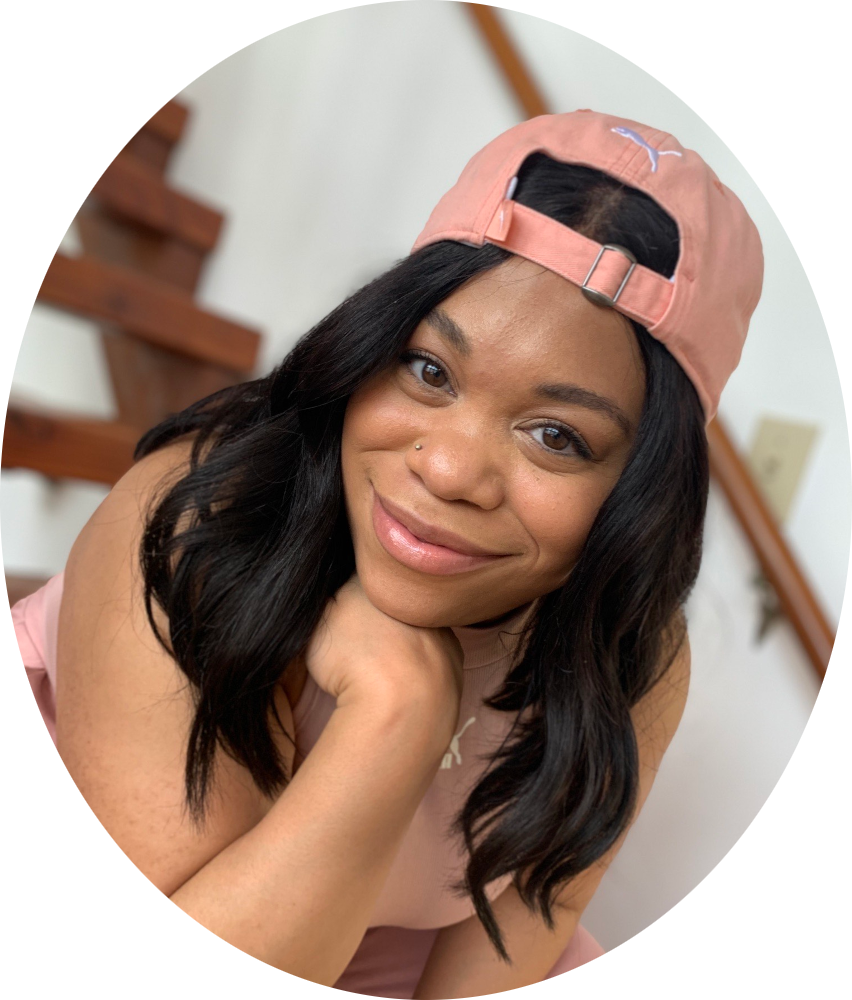
Does our education system make a promise that it doesn't keep? Series One of Learning Machine is in the books! It's been such an insightful and edifying experience to work on our eight interview episodes from our first series. We've learned a lot through the process - both about the education system and about how to produce a podcast - and we're excited to bring that new knowledge forward with us as we begin work on Series Two! As part of that work, we're excited to introduce our new co-host, Raven DeRamus-Byers. Raven works in education policy at New America, and she'll be bringing her depth of experience and outlook to bear on the topics we cover in upcoming episodes.
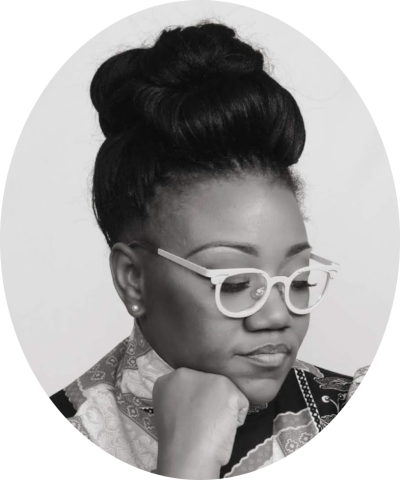

Does our education system make a promise that it doesn't keep? In this episode, we speak with Deirdra Reed and Bailey Cato Czupryk from TNTP about a 2018 report titled, "The Opportunity Myth." This report posits that there is a promise of opportunity that is made to every student, but that the system does not work equally for all students. What kind of students is our system built for? And what happens to students who don’t fit into the system we have? You can check out the Opportunity Myth here and follow TNTP on Twitter at @TNTP
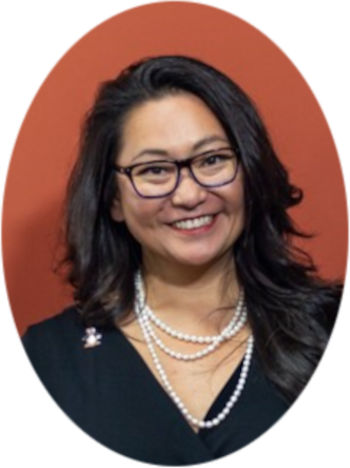
Do you consider yourself a Math person? Most people don’t, and unfortunately the statistics back this up.
Just 24% of high school 12th graders scored at or above proficient on the
National Assessment of Educational Progress.
Karin Wu and her team at the MIND Research Institute believe that expertly designed
educational games can help shift
Math from frustrating to fun. STMath, the game developed by her team, is based on cutting-edge neuroscience and education research.
In this episode, we discussed the potential impact of games like STMath and the power of preparing students for the
unknown future they will face.
You can follow Karin Wu on Twitter @KarinCWu.

Should college be free? Public education in the United States has guaranteed free school from Kindergarten through Twelfth grade, what we call the ‘K-12 school system’. But in a move that would create a once-in-a-generation expansion of this system, the Biden Administration would like to add two years of free pre-k and two years of free community college, growing the current thirteen years of free public education to seventeen years of school that every American is entitled to. We spoke to Kevin Carey , vice president for education policy at New America , about how the college side of this expansion would work, and about how the government could effectively fund such a program. You can check out Kevin’s excellent writing on the subject here and here , and you can follow Kevin on twitter at @kevincarey1

Imagine you have an expert medical doctor - you would trust this doctor to give you medical advice, right? But would you trust this doctor to make the medicine they were giving you? Would you trust them to build the x-ray machine or to design their own DIY stethoscope? Likely not! And this is exactly the point that Tim Truitt makes: Tim is Director of Mathematics at EdReports.org, a non-profit organization that reviews curricular materials and then makes those reports openly available to teachers and schools. Tim is an expert in the tools that teachers use - curricula. And while we all trust teachers to teach, the question is: should we be expecting them to build their own teaching tools as well? You can find out more about the EdReports here and follow them on Twitter @edreports
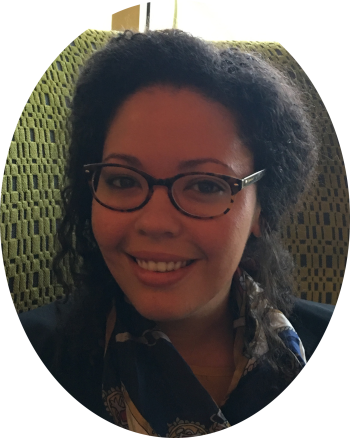
Do you ever find yourself being more of a listener - a lurker, if you will - in a conversation than a participator? Maybe you thought you weren’t contributing much, and if so, you might be surprised by the fascinating research of Dr. Nia Dowell. By using a special computer analysis technique called NLP, Nia and her colleagues have been able to define and analyze the contributions of all kinds of different team participants, and her results have all kinds of important implications for the classroom and group-work at every level of education and even in society more broadly. You can follow Nia on twitter @niadowell and on her website niadowell.com
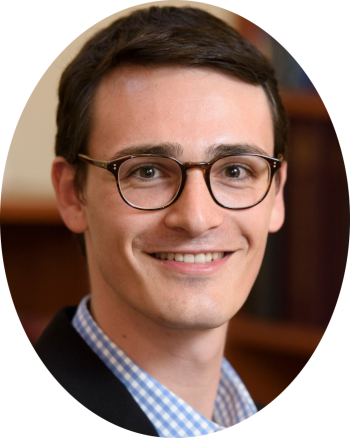
How do you imagine education will look in 30 years? If you're old enough, does education today look the way you imagined it would 30 years ago? In our conversation with Dr. Rene Kizilcec we discuss the past, present, and future of educational technology. We review his recent research on the democratizing impact of covid restrictions in online learning. Rene presents his optimistic view of educational technology, and explains why he thinks technology can give teachers superpowers. You can find out more about Rene and his team at the Future of Learning Lab and follow Rene on twitter @whynotnow
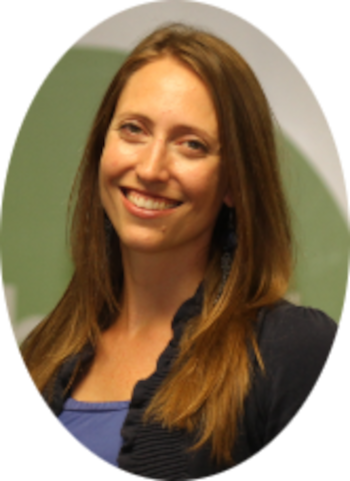
Bree Dusseault and her colleagues at CRPE are keeping close tabs on the education system as we transition out of the pandemic year and back to full in-person school across the country in the fall. And while there are real concerns and legitimate fears about lost learning, the pandemic has spurred a massive investment of resources into America’s public school system. This moment represents a-once-in-a generation opportunity to re-imagine our public schools in ways that could make them more effective. But as Bree’s recent writing, in particular, Hindsight is 2024 , points out, it’s not clear that the system is going to take advantage of this window of opportunity. You can read more of Bree’s excellent writing here or follow her on twitter at @breedusseault.

I’m not convinced that you’ll like what Freddie deBoer has to say, but I am convinced that you need to hear it. Freddie’s careful and honest look at what the data really says about our education system challenges our ideas about what education is for and why it just isn’t working. His article Education Doesn’t Work makes a strong if depressing case that education cannot fix society because that’s not what it’s supposed to do - it’s not a social panacea. And this may be an uncomfortable truth to recognize, but if we could, he suggests, maybe we could start to make schools better at what it’s actually supposed to do: educating and preparing young people for the world. You can read more of Freddie’s ‘cool but rude’ writing here.